Conferences and Workshops
International Workshop Quantum Many-Body Dynamics: Thermalization and its Violations
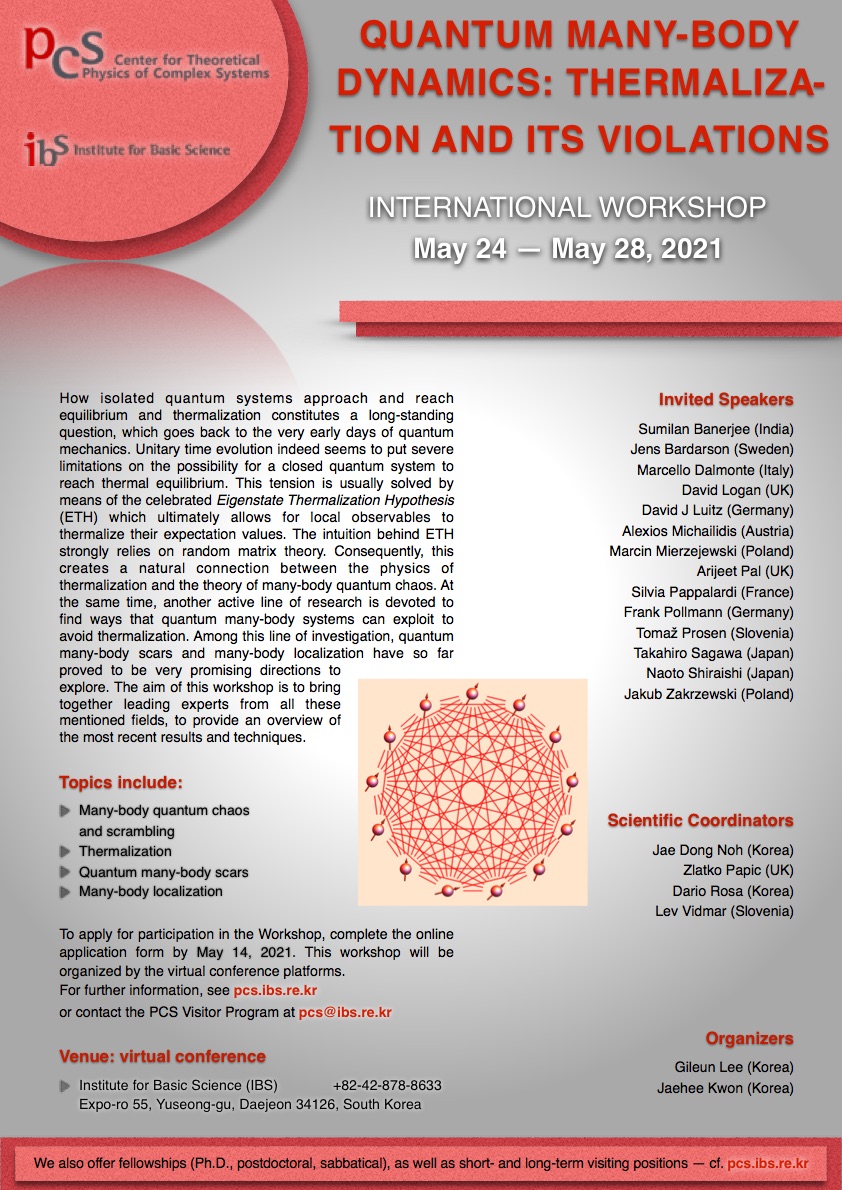
How isolated quantum systems approach and reach equilibrium and thermalization constitutes a long-standing question, which goes back to the very early days of quantum mechanics. Unitary time evolution indeed seems to put severe limitations on the possibility for a closed quantum system to reach thermal equilibrium. This tension is usually solved by means of the celebrated Eigenstate Thermalization Hypothesis (ETH) which ultimately allows for local observables to thermalize their expectation values. The intuition behind ETH strongly relies on random matrix theory. Consequently, this creates a natural connection between the physics of thermalization and the theory of many-body quantum chaos. At the same time, another active line of research is devoted to find ways that quantum many-body systems can exploit to avoid thermalization. Among this line of investigation, quantum many-body scars and many-body localization have so far proved to be very promising directions to explore. The aim of this workshop is to bring together leading experts from all these mentioned fields, to provide an overview of the most recent results and techniques.
Leeds-Loughborough-Nottingham Non-Equilibrium Seminars
During academic year 2020/21, we will be running a virtual seminar jointly with Loughborough and Nottingham.
New Perspectives on Quantum Many-Body Chaos

Supported by the Royal Society
see also the accompanying Satellite Meeting: Beyond Quantum Many-Body Chaos: Constrained Dynamics and Non-Equilibrium Phases of Matter
Topology and Dynamics in Correlated Quantum Matter
********POSTPONED DUE TO COVID-19***********

Belgrade May 27-29 2020
4th Northern Quantum Meeting
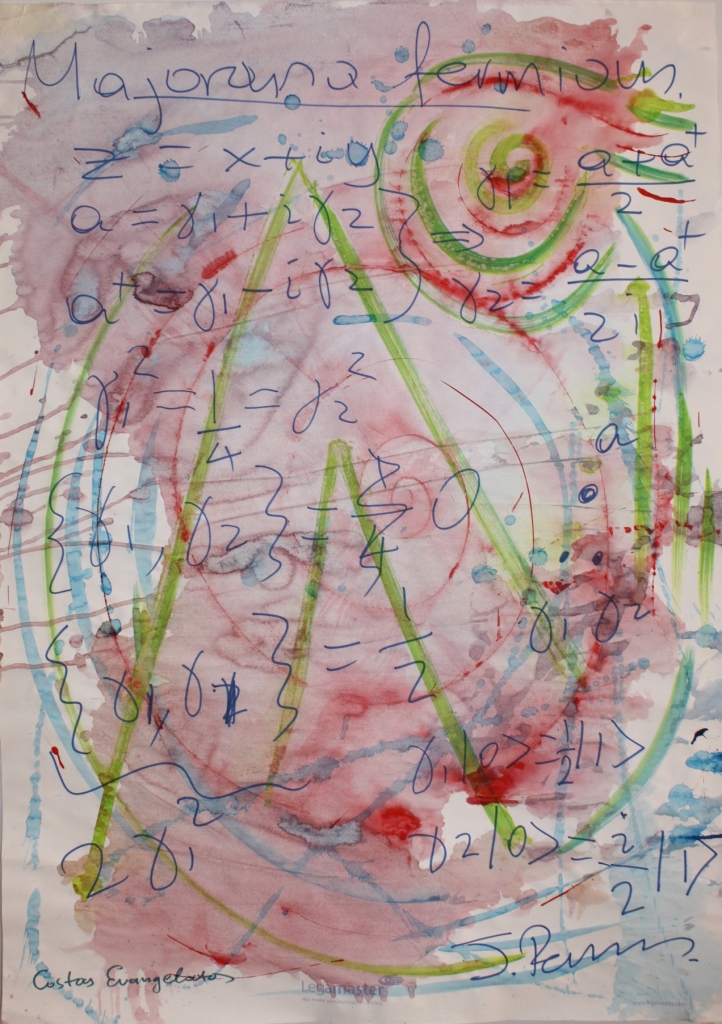
22nd Symposium on Quantum Information
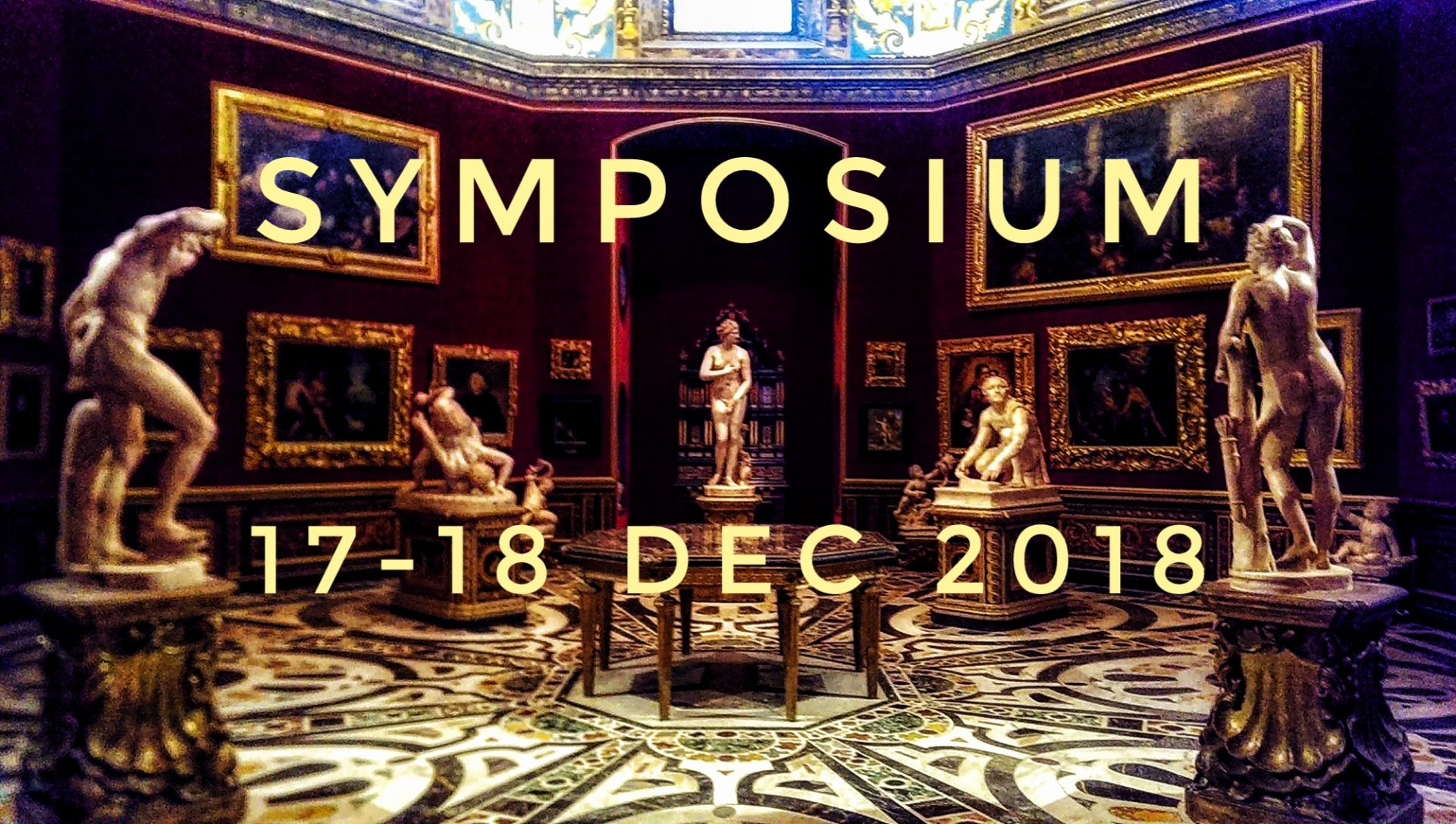
Royal Society Meeting: Breakdown of Ergodicity in Quantum Systems
London, February 6-9, 2017
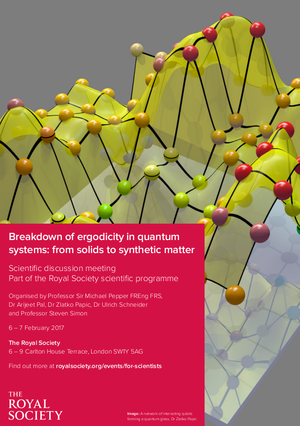 Scientific discussion meeting organised by Professor Sir Michael Pepper FRS, Dr Arijeet Pal, Dr Zlatko Papic, Dr Ulrich Schneider and Professor Steven Simon
Scientific discussion meeting organised by Professor Sir Michael Pepper FRS, Dr Arijeet Pal, Dr Zlatko Papic, Dr Ulrich Schneider and Professor Steven Simon
Ergodic systems lie at the heart of statistical physics since they reach thermal equilibrium and 'forget' their initial conditions, thereby allowing for coarse-grained classical descriptions. Recently, non-ergodic quantum many-body systems, which fail to thermalise and decohere completely, came into focus. This interdisciplinary meeting will address their fundamental challenges and experimental realisations, including many-body localisation and other novel, non-classical long-time behaviour.
Quantum Matter Out of Equilibrium Symposium
Leeds, April 4-5, 2016
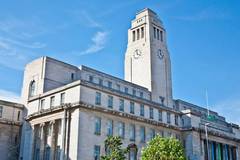 Part of series of Symposia on Topological Quantum Information, the 19th session took place in Leeds and was dedicated to quantum matter out of equilibrium.
Part of series of Symposia on Topological Quantum Information, the 19th session took place in Leeds and was dedicated to quantum matter out of equilibrium.
Quantum Many-Body Dynamics
Perimeter Institute, May 12-16, 2014
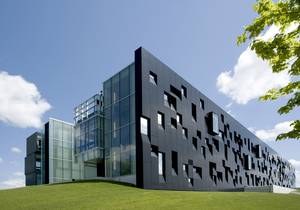 In recent years, much progress was achieved in realizing highly controlled and coherent many-body systems. Examples of such systems include systems of ultra-cold atoms, molecules, systems of NV-centers in diamond, and superconductiong quibits. These remarkable experimentally advances pose a conceptually new set of theoretical questions regarding the universal laws describing the evolution and relaxation of closed many-body systems. This workshop will cover the most exciting recent theoretical developments in non-equilibrium many-body physics. Focus topics include thermalization in integrable and non-integrable strongly interacting systems, thermalization breakdown, perodically driven systems, and many-body localization in systems with quenched disorder. We will discuss key changes in the field and identify the possible roles to their solution.
In recent years, much progress was achieved in realizing highly controlled and coherent many-body systems. Examples of such systems include systems of ultra-cold atoms, molecules, systems of NV-centers in diamond, and superconductiong quibits. These remarkable experimentally advances pose a conceptually new set of theoretical questions regarding the universal laws describing the evolution and relaxation of closed many-body systems. This workshop will cover the most exciting recent theoretical developments in non-equilibrium many-body physics. Focus topics include thermalization in integrable and non-integrable strongly interacting systems, thermalization breakdown, perodically driven systems, and many-body localization in systems with quenched disorder. We will discuss key changes in the field and identify the possible roles to their solution.
